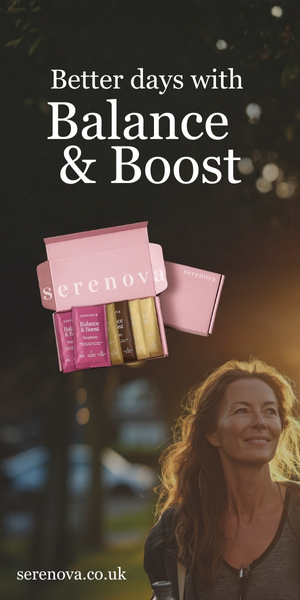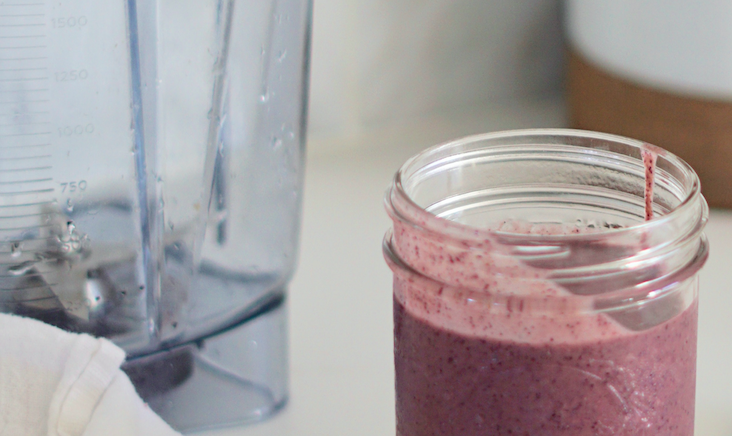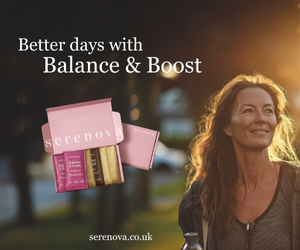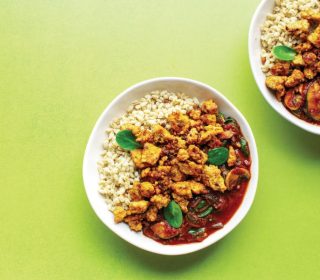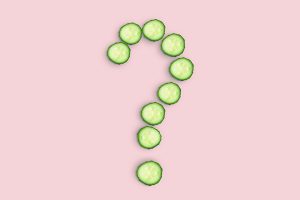How to use protein powder (if you’re not trying to bulk)
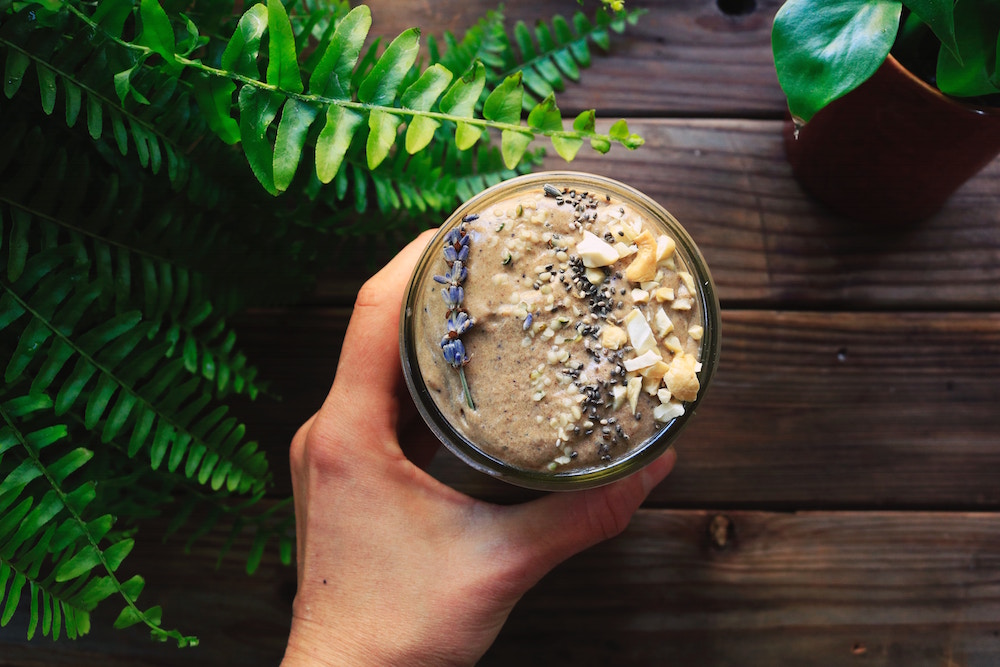
Protein has had a huge rebranding in the last few years that has only ever been seen by the likes of Lush and Cheryl Cole.
Those intimidatingly huge tubs that beefed-up bros used to have in their otherwise empty food cupboards at university still exist but the public image of supplements has changed somewhat. Nowadays they are much smaller, more millennial and packaged in paper bags that attract the perfect(ly marketable) balance between healthy and eco. All in all, a stellar success.
But, the question is: how do you use protein if you don’t want to bulk? Maybe you exercise, maybe you don’t. Maybe you’re vegan, maybe you’re not. In contrast to what a lot of the wellbeing industry leads us to believe, even with the rise in plant-based diets, not that many of us are actually protein deficient.
All plants are a source of protein and ‘we only need 0.8g of protein for every kilogram we weigh’ says Georgia Head, a nutritionist at Fresh Fitness Food. On average, that’s 55g for men and 45g for women a day. Though that doesn’t take into account active individuals, who guidelines say may require more like 1.2-2g.
SO WHY IS SOCIETY OBSESSED WITH PROTEIN? AND WHAT DOES IT MEAN FOR OUR DIETS?
‘Protein is one of the three macronutrients the body needs to sustain life, via healthy functioning of physiological processes, and repair and maintenance of our cells and tissues’, says Head. ‘Made up of both non-essential, which can be synthesized in the body, and essential, which cannot so must be obtained in food, amino acids, protein provides the building blocks for muscle. In the absence of essential amino acids from our diet, it would be impossible to build, repair or maintain muscle mass.’
If you’re struggling to clock up the grams required for your weight and lifestyle, ‘powders are a useful way to help supplement your diet, especially if you are often on-the-go or cannot pre-prepare all your meals in advance’, says Head. ‘Though, as with all macro- and micro-nutrient intake, the priority should be to obtain adequate intake through a healthy and balanced diet. Real, wholesome food should always come first and supplements should not be used as a substitute.’
PROTEIN POWDER ISN’T JUST FOR BULKING
Protein powders are not only for those looking to bulk (in the same way that drinking them won’t make you look like a regular Barry’s sessioner) but can be used to supplement a healthy diet, especially for people foraying into vegetarianism or veganism who are struggling to find alternative protein sources.
Read more: The vegan guide to getting enough protein
A lot of the protein hype is around its satiating effect (meaning: making us feel full longer) but, though shakes can be a handy booster in-between meals, the fad for them as replacements is a no-go.
‘Opting for whole food sources not only provides you with the desired dietary component, in this case, protein, but also other components such as micronutrients, like vitamins and minerals, required for optimal health and wellbeing’, says Head.
‘Choosing the food first approach may take a little bit more time and planning, but the benefits of a healthy, balanced diet are worth it.’
Shocker: Real food is better than fake food.
WHEN SHOULD YOU OPT FOR A SHAKE?
There are no strict guidelines (so ignore the people who say you need it immediately post-workout unless you’re an elite athlete or bodybuilder — in which case you probably don’t need a protein 101). As Head says: ‘It is more important to ensure you are meeting your protein requirement by consuming good quality protein over the course of a day, rather than at specific times.’
Bulkers gonna bulk, but you can just keep your protein usage healthy.



